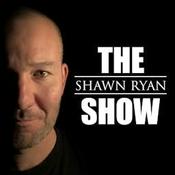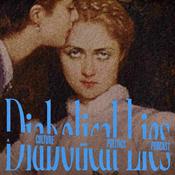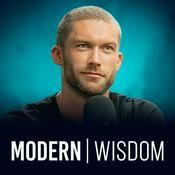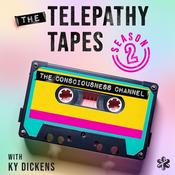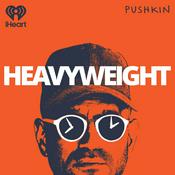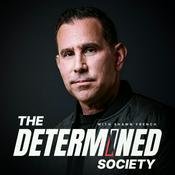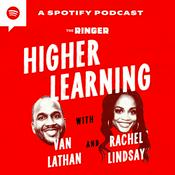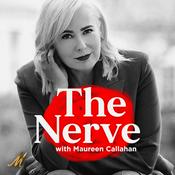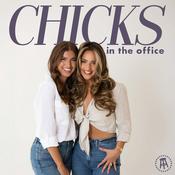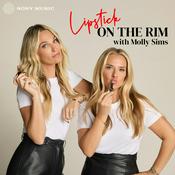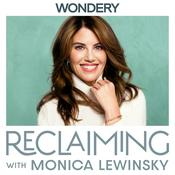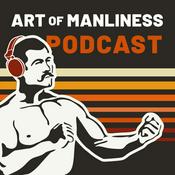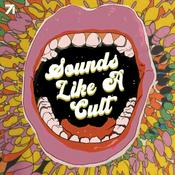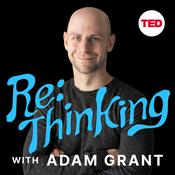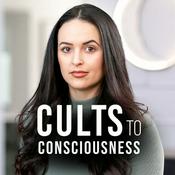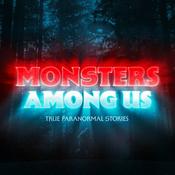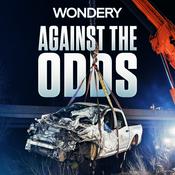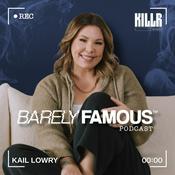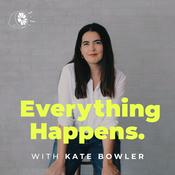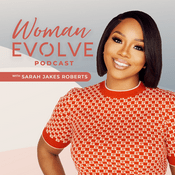55 episodes

Becoming Bovino
12/23/2025 | 33 mins.
Who is Gregory Bovino? For months, the Border Patrol Commander-at-Large led agents through Chicago on an aggressive immigration enforcement campaign, while making sure his noticeably uncovered face was in front of as many cameras as possible. But there’s very little information online about Bovino’s background, his experience, or his rise to overnight prominence. So our team went digging – to his hometown in North Carolina, and to California where his Border Patrol career got started. In “Becoming Bovino,” Sun-Times investigative reporter Lauren FitzPatrick and WBEZ investigative reporter Dan Mihalopoulos sit down with WBEZ’s Patrick Smith to share what they found about Gregory Bovino – from his upbringing, to his efforts to keep himself in the limelight.

You May Also Like… Final Thoughts: Jerry Springer
6/10/2025 | 42 mins.
From Leon Neyfakh and Prologue Projects — the award-winning team behind "Think Twice: Michael Jackson," "Slow Burn," "Fiasco," and "Backfired" — comes a new Audible Original, "Final Thoughts: Jerry Springer." You may think you know Jerry Springer—the iconic TV host who presided over America's most controversial daytime talk show for 27 years. In that time, Springer’s name became synonymous with outrageous guests, taboo confessions, and vicious on-stage fights. But before "The Jerry Springer Show" made him infamous all over the world, Springer was something else entirely: a respected Midwestern politician whom many saw as a future leader in the Democratic Party. So how did this serious-minded idealist with lofty political aspirations take such a turn in such a radically different direction? "Final Thoughts" examines timeless questions about ambition, compromise, and whether we can ever truly separate who we are from what we do for a living. Listen now on Audible at audible.com/Springer.

A new era for daytime soaps operas: Beyond the Gates
5/20/2025 | 38 mins.
A Chicago woman, Irna Phillips, birthed the daytime serial — and a Chicago woman, Michele Val Jean, is ushering in new interest in the genre. Val Jean has written for several shows, including Generations, Santa Barbara, General Hospital and The Bold and the Beautiful. Now, she’s the creative force driving Beyond the Gates, the newest American soap, which debuted on CBS in February. The drama features a core Black family, the Duprees, who live outside Washington, D.C. It’s full of delicious soapy drama, with slaps, villains, cliffhangers and fabulous clothes. Val Jean talks about her career, from writing the infamous catfight scene on Generations and revisiting the Luke and Laura rape on General Hospital to the joy she feels watching the reception of Beyond the Gates.

Behind the curtain at ‘Days of Our Lives’: The lights, the sets, the pink coat
5/13/2025 | 19 mins.
Go behind the scenes at Days of Our Lives in Burbank, California. Hear from actors, set designers and wardrobe as we pull back the curtain on how soaps manage to come on five days a week, every week — no reruns. Plus, we take you back to 1994, when Marlena was possessed by the devil!

TV wouldn’t be TV without soap operas
5/06/2025 | 29 mins.
Without soaps, we wouldn’t have melodramas or reality shows. Without soaps, we wouldn’t have many of the TV tropes and shows we love to stream and binge-watch. Cliffhangers, serials, vixens — in television storytelling, all come from soaps. Network television would not exist if not for the financial success of soap operas, according to Elana Levine, author of Her Stories: Daytime Soap Opera and US Television History. During the 1970s, Levine said soaps brought in 75% of the networks’ revenue. “Soaps were a legitimate kind of pop culture sensation. As a result, the networks are able to charge more for those ad slots,” she said. “It’s a way to reach young people in particular for a time. [Networks] were willing to pay more, because what they were paying was still a whole lot less than what primetime TV cost them, in terms of advertising time.” Ad sales on soaps bore the load of a broadcaster’s overall business model, even as production costs inevitably increased. Production costs for a soap opera, Levine said, were “still never at the level of what it cost to make a primetime show.” The decline of soaps can’t be attributed to a singular event. Over time, viewers’ habits changed and how we consume television evolved, from the VCR to streaming. Soaps are not dead, though, and there are good reasons why they have endured.
More Society & Culture podcasts
Trending Society & Culture podcasts
About Making
Listen to Making, The Shawn Ryan Show and many other podcasts from around the world with the radio.net app

Get the free radio.net app
- Stations and podcasts to bookmark
- Stream via Wi-Fi or Bluetooth
- Supports Carplay & Android Auto
- Many other app features
Get the free radio.net app
- Stations and podcasts to bookmark
- Stream via Wi-Fi or Bluetooth
- Supports Carplay & Android Auto
- Many other app features


Making
download the app,
start listening.
